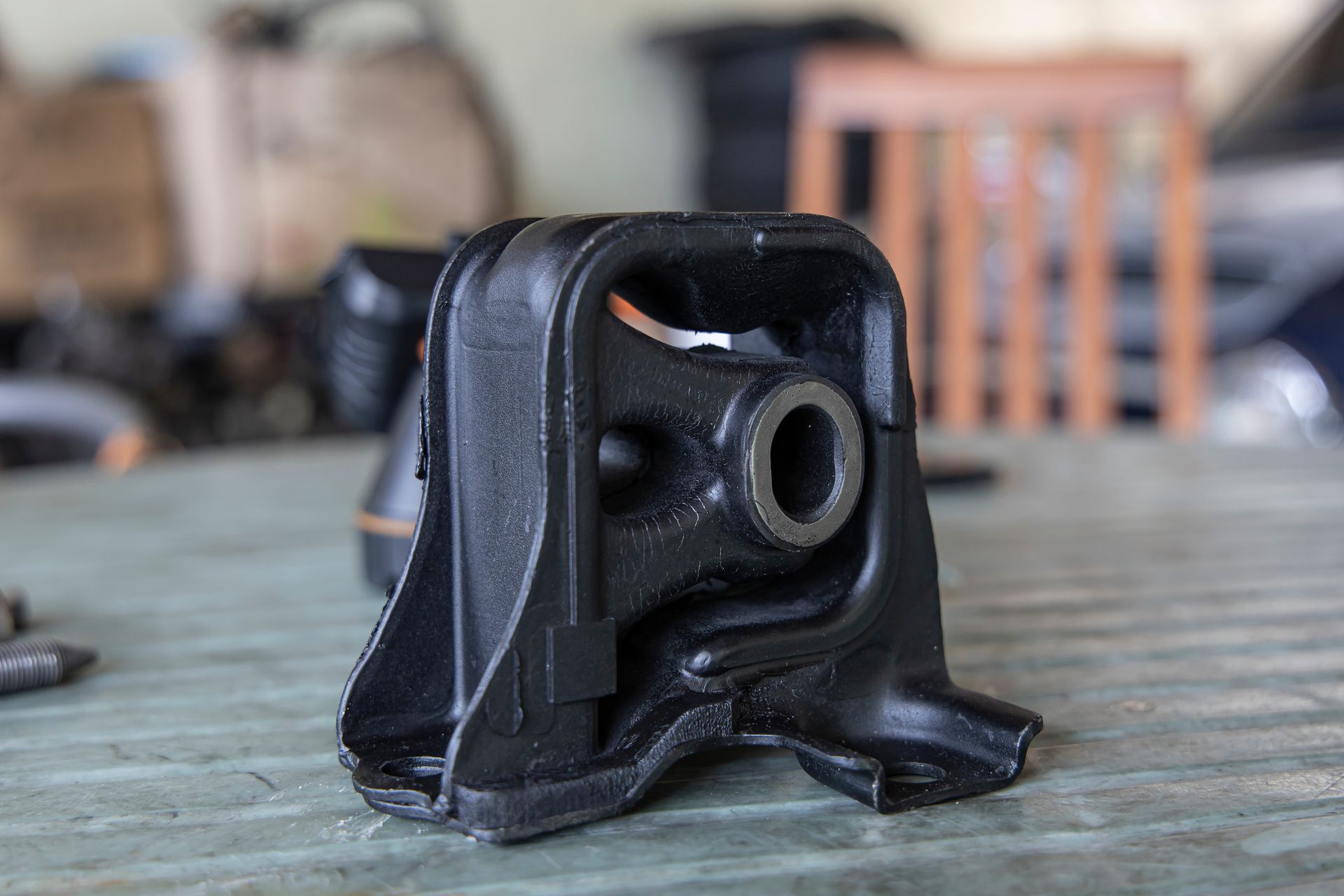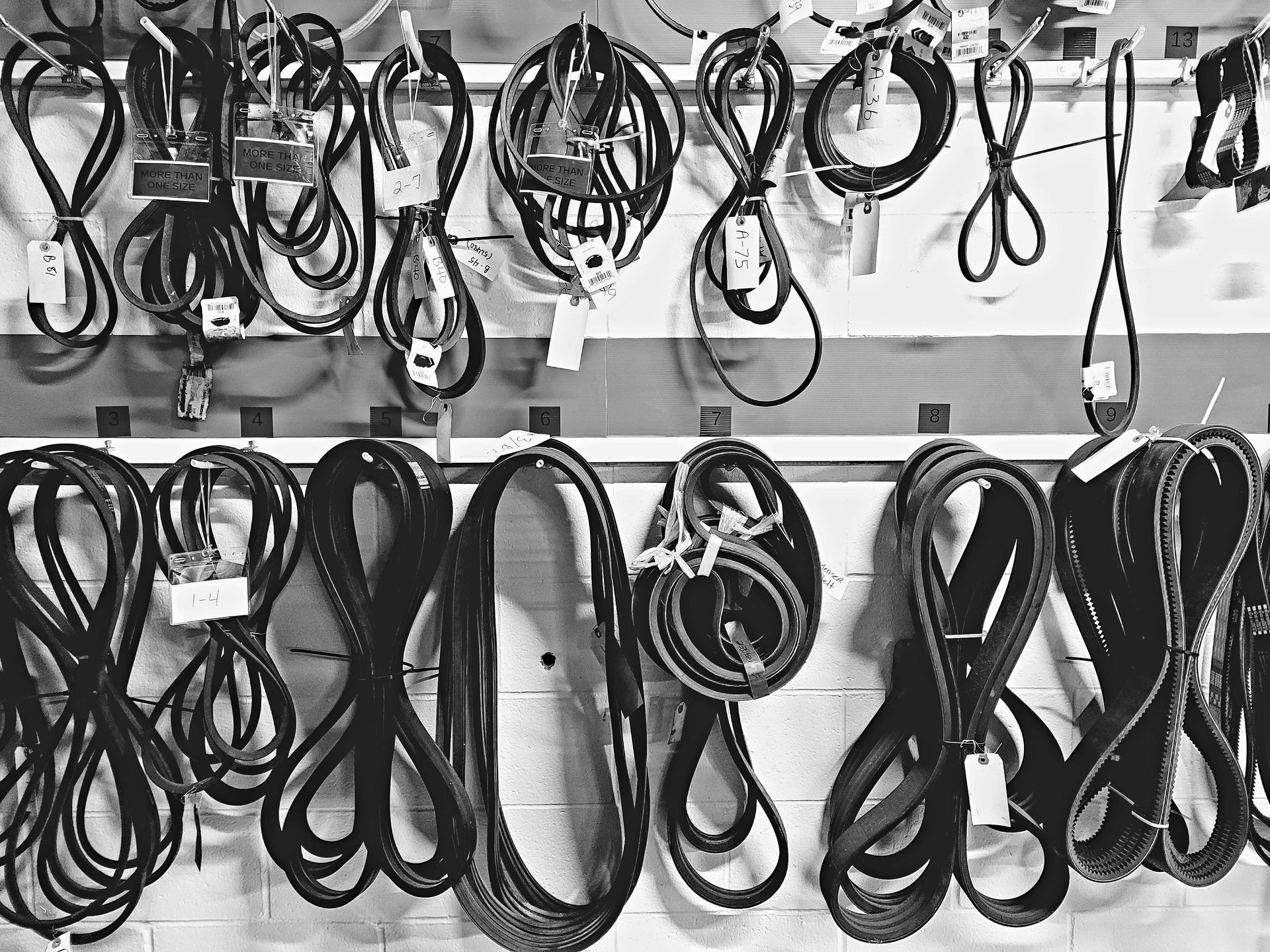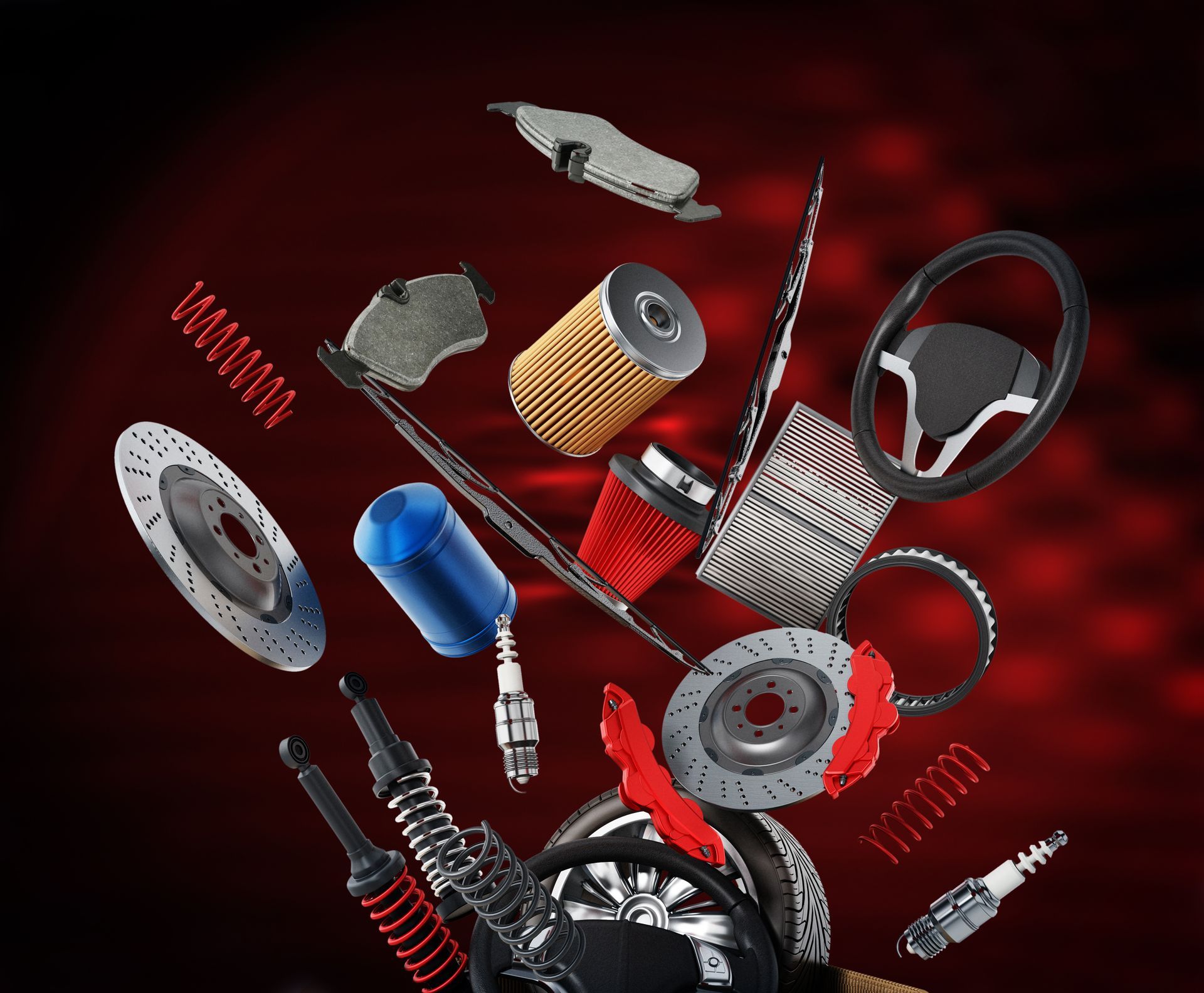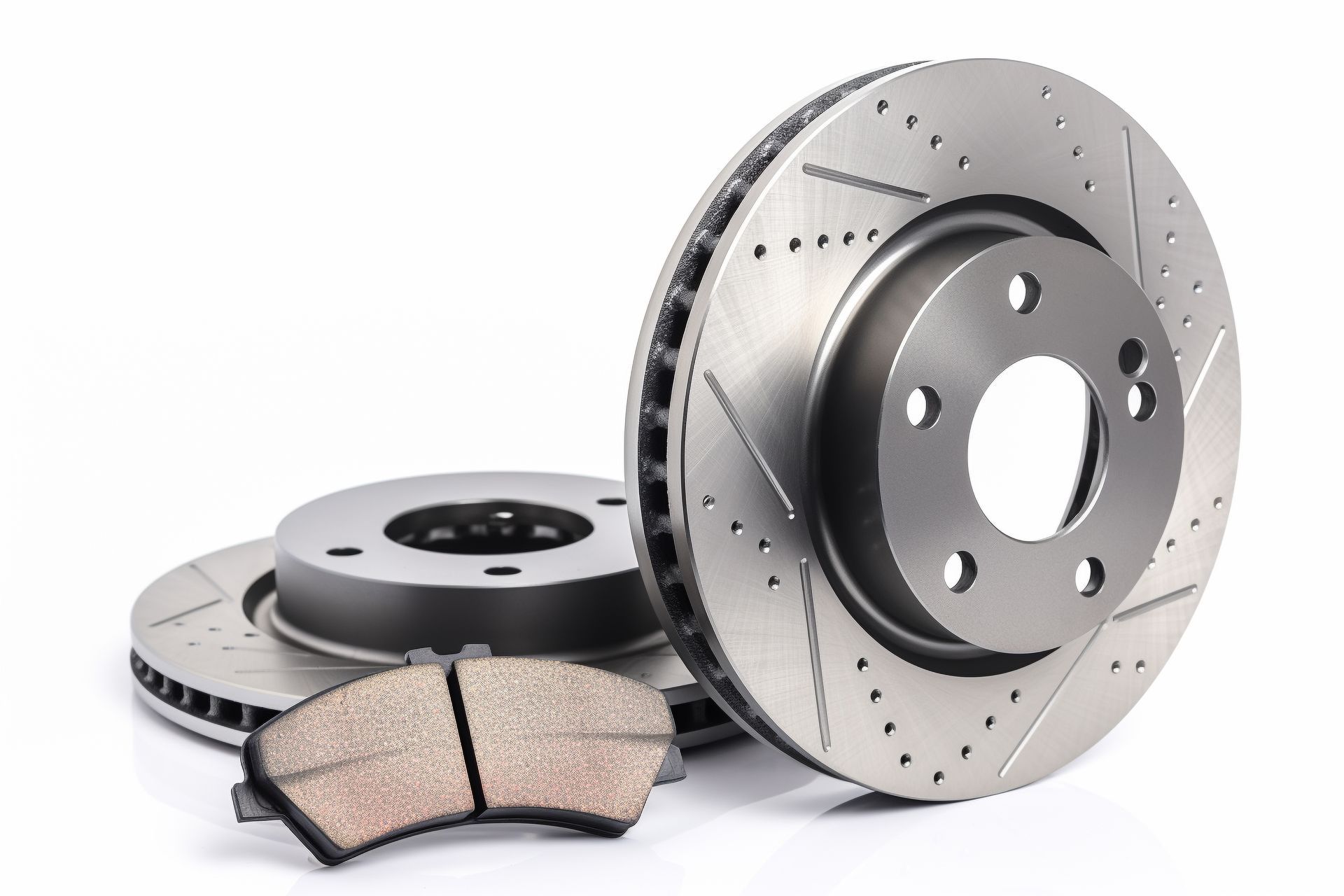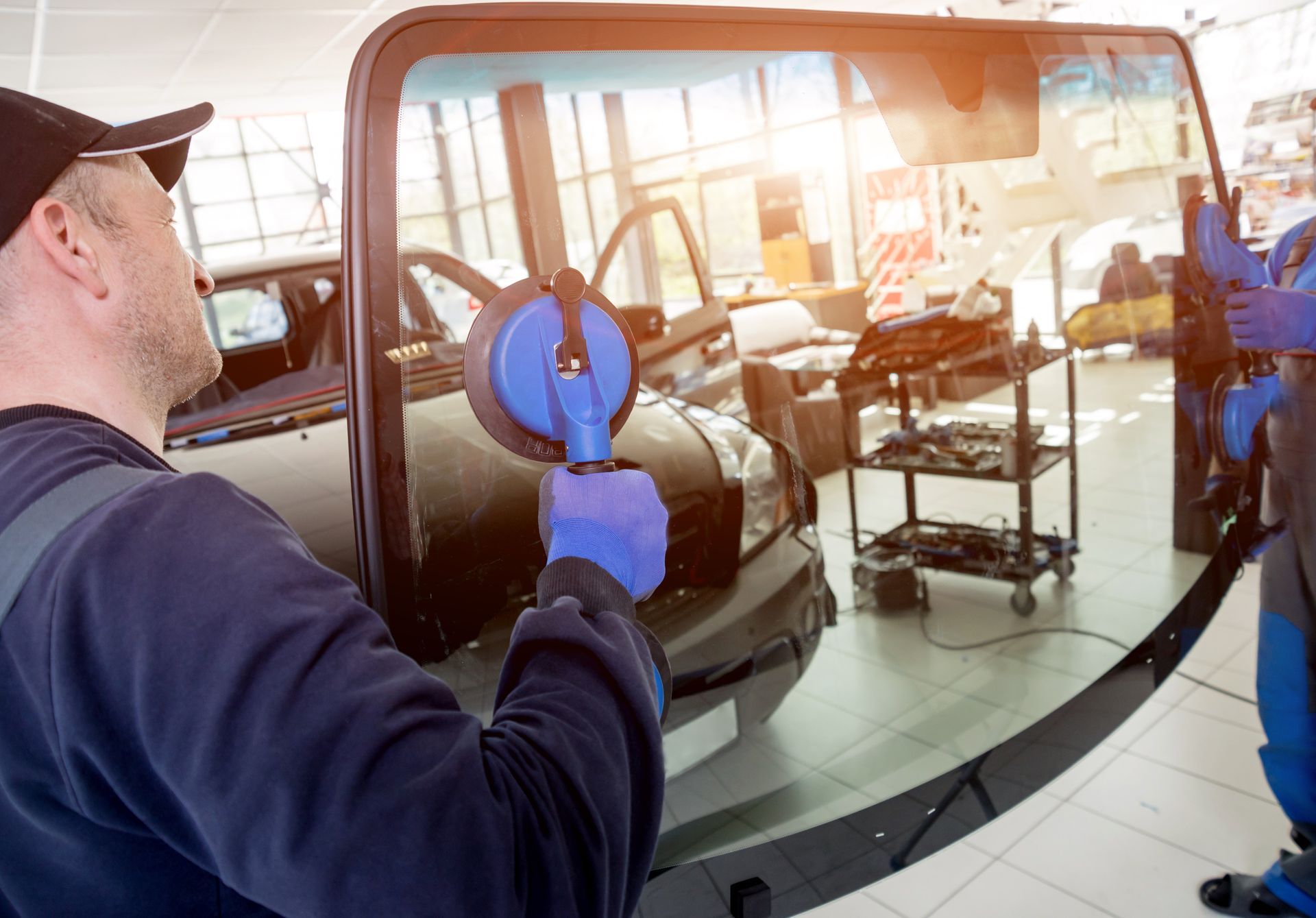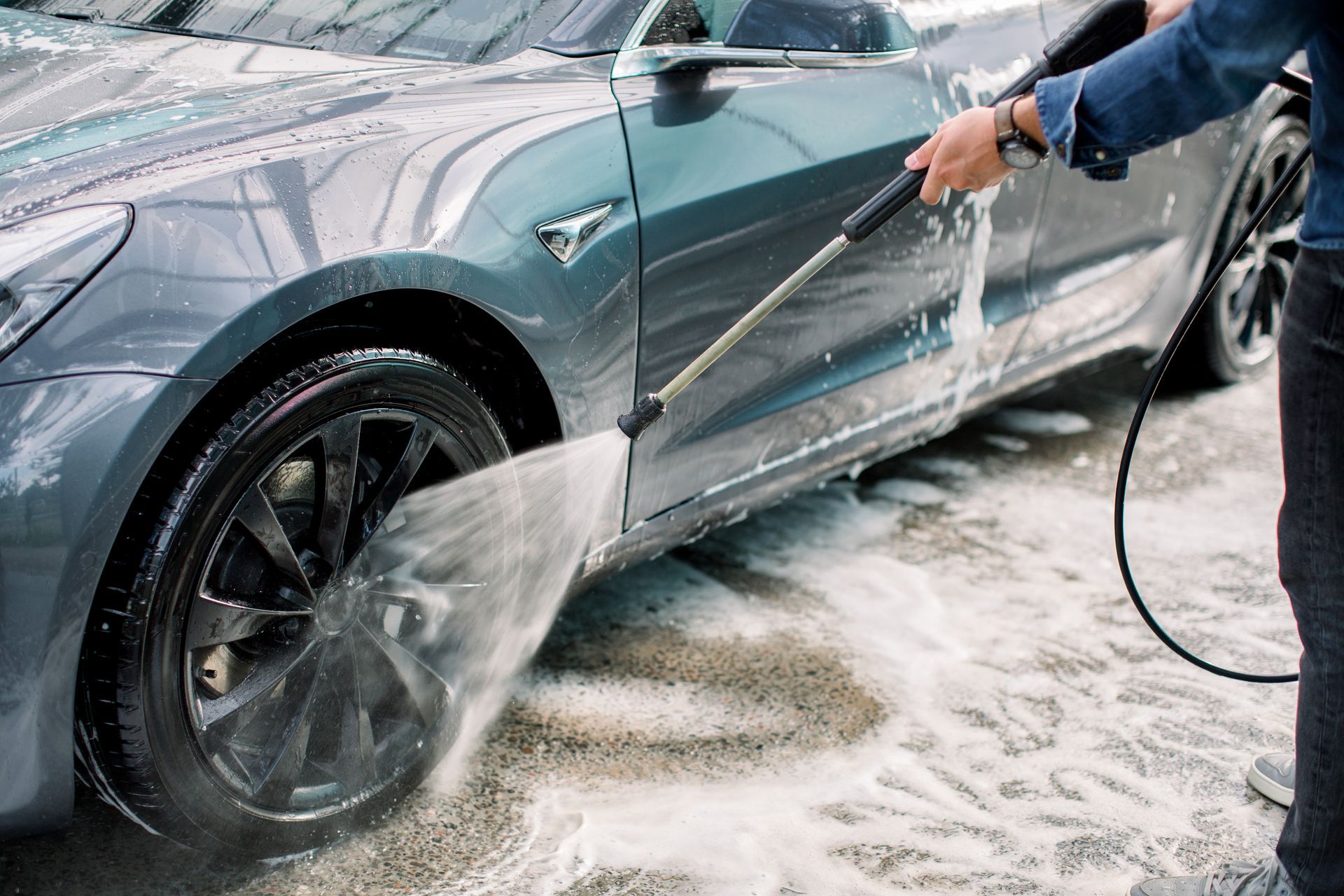Loading ...
Missing business hours data / Error occurred while getting the data.
Loading ...
Missing business hours data / Error occurred while getting the data.
Loading ...
Missing business hours data / Error occurred while getting the data.
Barsh Auto & Diesel Repair
We Have 3 Locations To Serve You!
Loading ...
Missing business hours data / Error occurred while getting the data.
Loading ...
Missing business hours data / Error occurred while getting the data.
Loading ...
Missing business hours data / Error occurred while getting the data.
Where to Find Expert Diesel Repair and Maintenance in Texas
January 25, 2025
Diesel engines are known for their durability, efficiency, and power, making them a popular choice for trucks, heavy-duty vehicles, and commercial fleets. However, like any machine, they require regular maintenance and occasional repairs to perform at their best. If you rely on your diesel vehicle for work or daily transportation, finding a trusted repair shop is essential to keeping it reliable and efficient.
Diesel Engine Maintenance
Diesel engines operate differently than their gasoline counterparts, making their maintenance needs unique. Regular maintenance not only extends the life of your engine but also ensures it runs efficiently, saving you money on fuel costs. Neglecting maintenance can lead to costly repairs, reduced performance, and even downtime, especially for commercial vehicles.
Key maintenance tasks like oil changes, fuel system cleaning, and filter replacements keep your diesel engine in optimal condition. Professional technicians understand the specific requirements of diesel engines and can address potential issues before they escalate.
Signs Your Diesel Vehicle Needs Repair
Diesel engines are built to be tough, but they’re not immune to problems. Knowing the warning signs of potential issues can help you address them early and avoid more extensive repairs.
- Loss of Power: If your diesel vehicle struggles to accelerate or lacks the power it once had, it could indicate a problem with the fuel injectors, turbocharger, or air intake system.
- Excessive Smoke: While some smoke is normal for diesel engines, excessive black, blue, or white smoke can signal issues with the fuel system, turbocharger, or head gasket.
- Hard Starting: Difficulty starting your engine, especially in cold weather, might point to a failing glow plug or a problem with the fuel delivery system.
- Unusual Noises: Knocking, ticking, or other strange noises can indicate worn-out parts, insufficient lubrication, or internal damage.
- Decreased Fuel Efficiency: A sudden drop in mileage could be due to dirty fuel injectors, a clogged air filter, or other underlying issues.
What to Expect From Professional Diesel Repair Services
When you bring your vehicle to a reputable repair shop, you can expect thorough diagnostics and expert care. Diesel repair specialists use advanced tools to pinpoint issues and recommend the most effective solutions. Here’s what a comprehensive diesel service might include:
- Diagnostic Testing: Advanced equipment identifies any problems with the engine, fuel system, or emissions system.
- Routine Maintenance: This includes oil changes, air and fuel filter replacements, and checking the condition of the cooling system.
- Fuel System Repairs: Cleaning or replacing fuel injectors ensures proper fuel delivery and efficiency.
- Turbocharger and Exhaust Repairs: These systems are vital for performance and emissions compliance.
- Cooling System Checks: Overheating is a common issue with diesel engines, making regular inspections crucial.
Why Choose a Specialist?
Not all repair shops are equipped to handle the complexities of diesel engines. Diesel vehicles require specialized knowledge, tools, and training for accurate diagnostics and repairs. A shop that specializes in diesel repair will have experienced technicians, ensuring your vehicle receives the care it deserves.
For drivers in Conroe, TX, and New Waverly, TX, choosing a repair shop that understands the unique needs of diesel engines is vital. These areas see a mix of urban and rural driving conditions, which can put additional strain on diesel vehicles. A local expert can help you stay ahead of wear and tear, keeping your vehicle running reliably no matter where you’re headed.
Whether you need routine maintenance or major repairs, Barsh Auto in Conroe, TX, and New Waverly, TX, has you covered. Contact us now to book your appointment with our diesel specialists!
Loading ...
Missing business hours data / Error occurred while getting the data.
Loading ...
Missing business hours data / Error occurred while getting the data.
Loading ...
Missing business hours data / Error occurred while getting the data.


